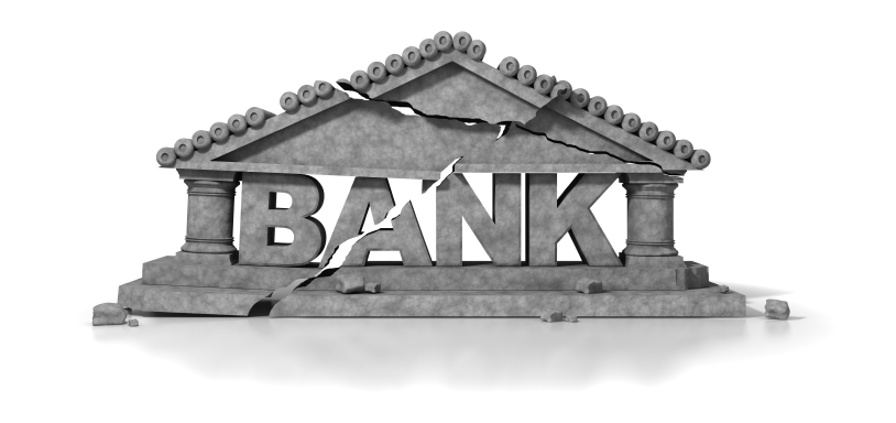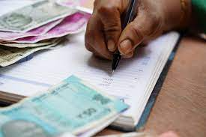In recent weeks, we have learned through the international news about the recent run-on banks in Europe and the USA (and late last year in China). These have led to social unrest. This begs the question of what security mechanisms are in place for Jamaican depositors at their varying institutions.
Generally, money in the bank is safe even in a recession or other tough economic times. However, depending on several factors, including your bank balance and the type of account, your money might not be completely protected (see below reference to account limit under JDIC insurance coverage).
YOUR MONEY IS NOT ACTUALLY SITTING IN THE BANK
To start with, understand that your money is not actually in the bank. As soon as your bank receives a deposit, it gives that money to someone else in the form of a loan. By law, banks must hold on to some money, but it’s not much.
Capital requirements vary by institution, but according to the Bank of Jamaica (BOJ), it’s 10% for many big banks. In relation to securities dealers, the BOJ says it understands that these entities are subject to capital requirements set out by the Financial Services Commission (FSC). These guidelines prescribe, inter alia, a minimum capital requirement of 10 percent of risk-weighted assets, where the risk weighting considers credit, market, and operational risks.
That means 90% of the money your account statement says is at the bank is actually somewhere else, like with a car dealership that sold a car to someone who borrowed funds from your bank.
The bank takes deposits, makes loans, and collects loan payments to replenish its coffers. Meanwhile, its 10% capital reserve supplies cash to people who close their accounts or make withdrawals. As long as there isn’t a run on the bank, there won’t be any problems.
Historically, however, there have been times when people have lost faith in a bank or the whole banking system, and they’ve lined up in droves to demand their money. Bank runs can lead to the collapse of a bank that can’t cover the requested withdrawals.
BUT WHAT IF THE BANK COLLAPSES?
In Jamaica, the Jamaica Deposit Insurance Corporation (JDIC) offers protection/coverage against your money through deposit-taking institutions that are regulated and supervised by the Bank of Jamaica (BOJ). Deposit-taking financial institutions regulated and supervised by the Bank of Jamaica are members of the Deposit Insurance Scheme. There are 8 Commercial Banks, 2 Building Societies, and 1 Merchant Bank covered by the JDIC. All member institutions are issued with a Policy of Deposit Insurance, as well as Certificates of Deposit Insurance which must be prominently displayed at all locations.
Jamaica Deposit Insurance Corporation, JDIC, which manages the deposit insurance fund says, based on its 2017 review, the average bank account held $198,200. The Deposit Insurance Act (DIA) provides that the JDIC must pay out of the Deposit Insurance Fund in respect of an insured deposit up to the prescribed coverage limit of $1,200,000 to every depositor of a Policyholder in circumstances where the Policyholder fails or is unable to make payment in respect of a deposit. Therefore, the maximum deposit insurance coverage limit is $1,200,000 (principal and interest combined) per depositor, per institution.
As Deposit Insurer, the JDIC works closely with the Bank of Jamaica (BOJ) in its role as Supervisor of banks and other deposit-taking financial institutions. The Banking Services Act and related regulations provide a standardised legal framework for the operations of these institutions. The legal framework is further complemented by Standards of Best Practice issued by the BOJ to ensure that licensees are not only aware of the risks inherent in banking activities, but that these risks are managed prudently and in accordance with their fiduciary responsibilities to depositors.
Source: www.jdic.org; www.boj.org.jm
Contact Darren Brown at [email protected]






